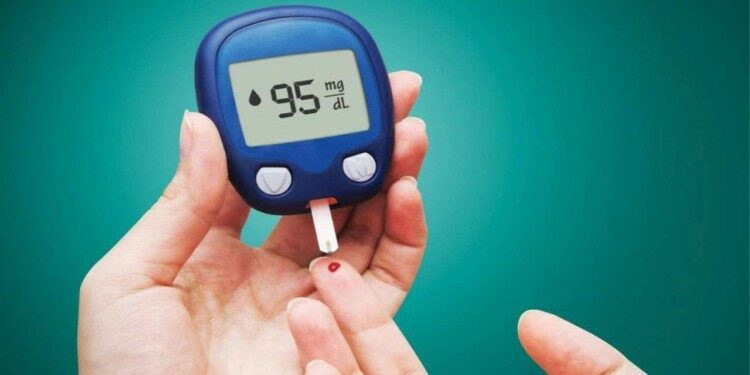In news– Researchers at IIT Mandi have recently identified a drug molecule, called PK2 that can be used to treat diabetes.
About the drug module & key findings-
- It is able to trigger the release of insulin by the pancreas, and can potentially be used as an orally administered medicine for diabetes.
- Diabetes is associated with insufficient insulin release by the beta cells of the pancreas in response to blood glucose levels.
- The release of insulin entails many intricate biochemical processes.
- In one such process, a hormonal molecule, called GLP1, released after the ingestion of a meal, binds to proteins, called GLP1R and this triggers the release of insulin.
- Current drugs used for the treatment of diabetes, such as exenatide and liraglutide, mimic GLP1 and bind to GLP1R to trigger insulin release.
- However, these drugs are administered as injections, and they are costly and unstable after administration.
- To find alternatives to these commonly used drugs, the research team identified the molecules PK2, PK3, and PK4 as possessing good binding abilities with GLP1R.
- Eventually, they chose PK2 because of its better solubility and then synthesized PK2 in the lab for further testing.
- The researchers found that PK2 was rapidly absorbed by the gastrointestinal tract, which means that it can be used as an oral medication rather than an injection.
- PK2 was also able to prevent and even reverse beta cell loss, a cell essential for insulin production, making it effective for both Type 1 and Type 2 diabetes.
About Diabetes-
Diabetes is a Non-Communicable Disease (NCD) that occurs when the pancreas produces insufficient insulin (a hormone that controls blood sugar, or glucose) or when the body’s insulin is ineffectively used.
Types of Diabetes-
There are three main types of diabetes – type 1, type 2 and gestational.
- Type 1 diabetes can develop at any age, but occurs most frequently in children and adolescents. When a person has type 1 diabetes, his/her body produces very little or no insulin, which means that she/he needs daily insulin injections to maintain blood glucose levels under control.
- Type 2 diabetes is more common in adults and accounts for around 90% of all diabetes cases. When a person has type 2 diabetes, his/her body does not make good use of the insulin that it produces. The cornerstone of type 2 diabetes treatment is a healthy lifestyle, including increased physical activity and healthy diet. However, over time most people with type 2 diabetes will require oral drugs and/or insulin to keep their blood glucose levels under control.
- Gestational diabetes (GDM) is a type of diabetes that consists of high blood glucose during pregnancy and is associated with complications to both mother and child. GDM usually disappears after pregnancy but women affected and their children are at increased risk of developing type 2 diabetes later in life.
















